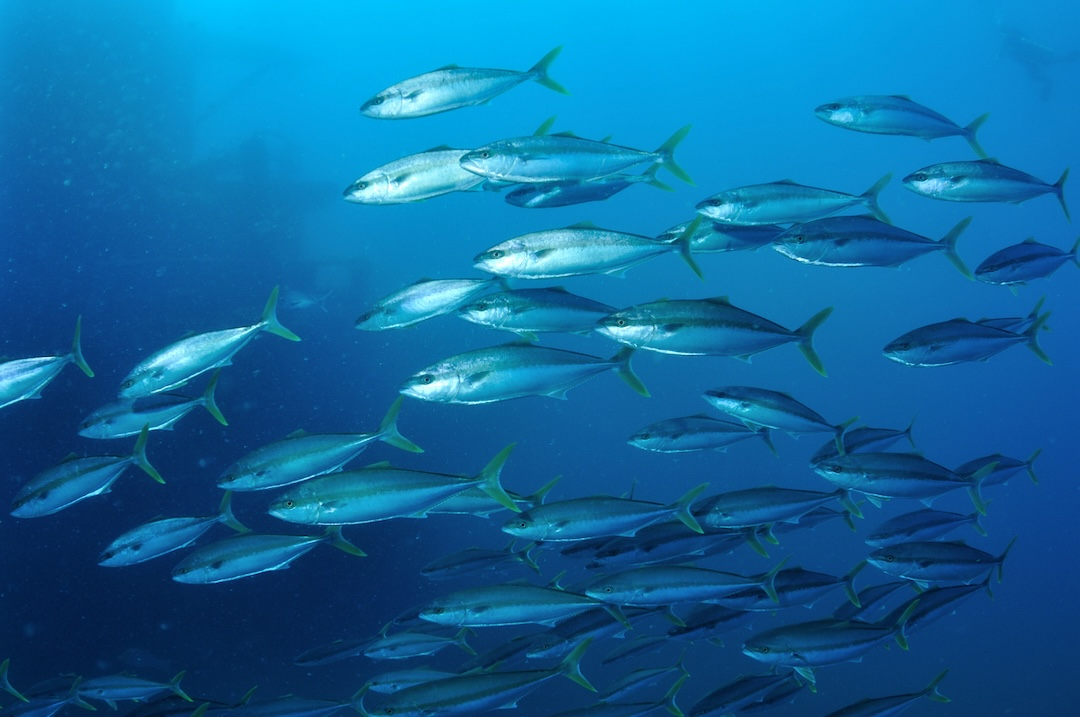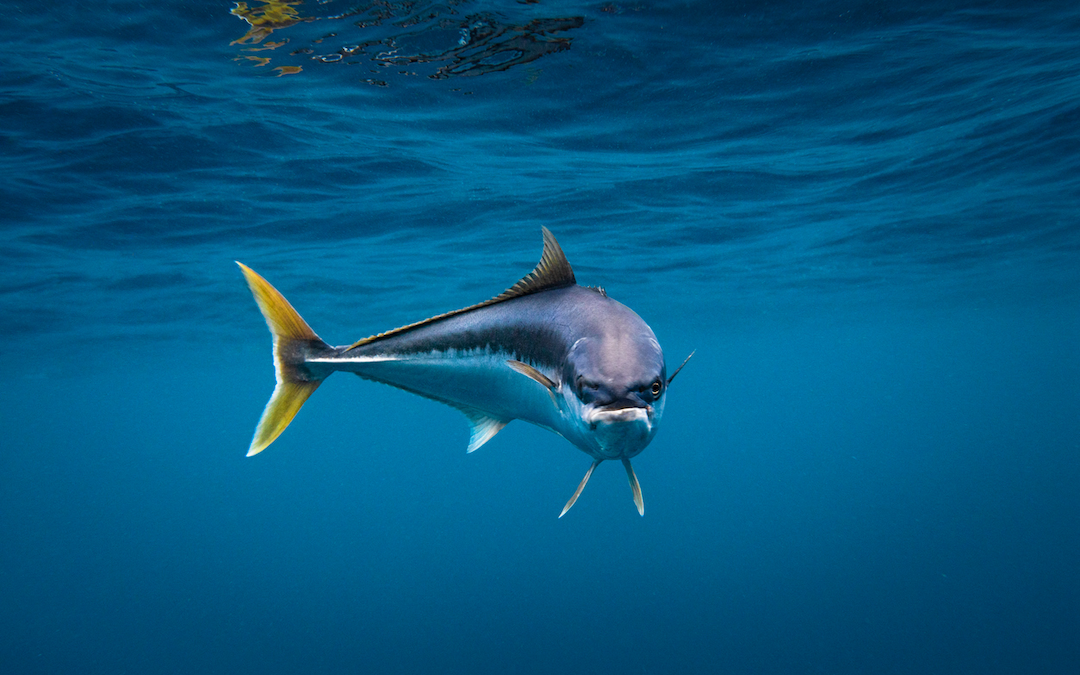According to a recent news release by Flinders University, due to increasing fish oil costs, Australian aquaculture operators are seeking more sustainable ways to feed yellowtail kingfish in order to enable more commercial production of the species.
Thanks to the new study, they’ll soon be receiving a new diet.
Currently, yellowtail kingfish rely on fish oil to grow and stay healthy because of its omega 3 fatty acids. Yet this isn’t a sustainable practice, due to fish oil’s increasing costs.
“Reducing the use of wild-caught sardines and other small fish to sustain farmed fish – to produce more farmed fish for human consumption – will help maintain our oceans and fishery food chains,” says Associate Professor James Harris, from the College of Science and Engineering at Flinders University.
In addition to being used by humans for health purposes, fish oil is essential to feeding terrestrial animals. In fact, about 460 per cent of current production levels are required by 2030, leading to increased commodity costs for the aquaculture industries, according to the release.
“We can’t keep catching loads of small fish to feed to larger fish we are growing, so are increasingly looking to reduce fish oil in their diets,” Harris said.

Yellowtail kingfish. Image: Nigel Marsh.
The Study
A study conducted by experts at Flinders, with colleagues from Primary Industries and Regions SA (PIRSA) research division SARDI and the University of Adelaide School of Animal and Veterinary Sciences, found that oil from both poultry and canola plants could be effective replacements for fish oil.
However, the study noted that there were potentially harmful changes observed in kingfish livers from using these alternatives.
“These changes give us a chance to investigate further the major role in kingfish fat metabolism to continue looking to manipulate formulated feed to produce these popular fish, which also are farmed in Japan, Europe and the Americas,” Harris said.
If you enjoyed this story, check out our story about using artificial intelligence to count flamingo populations.

